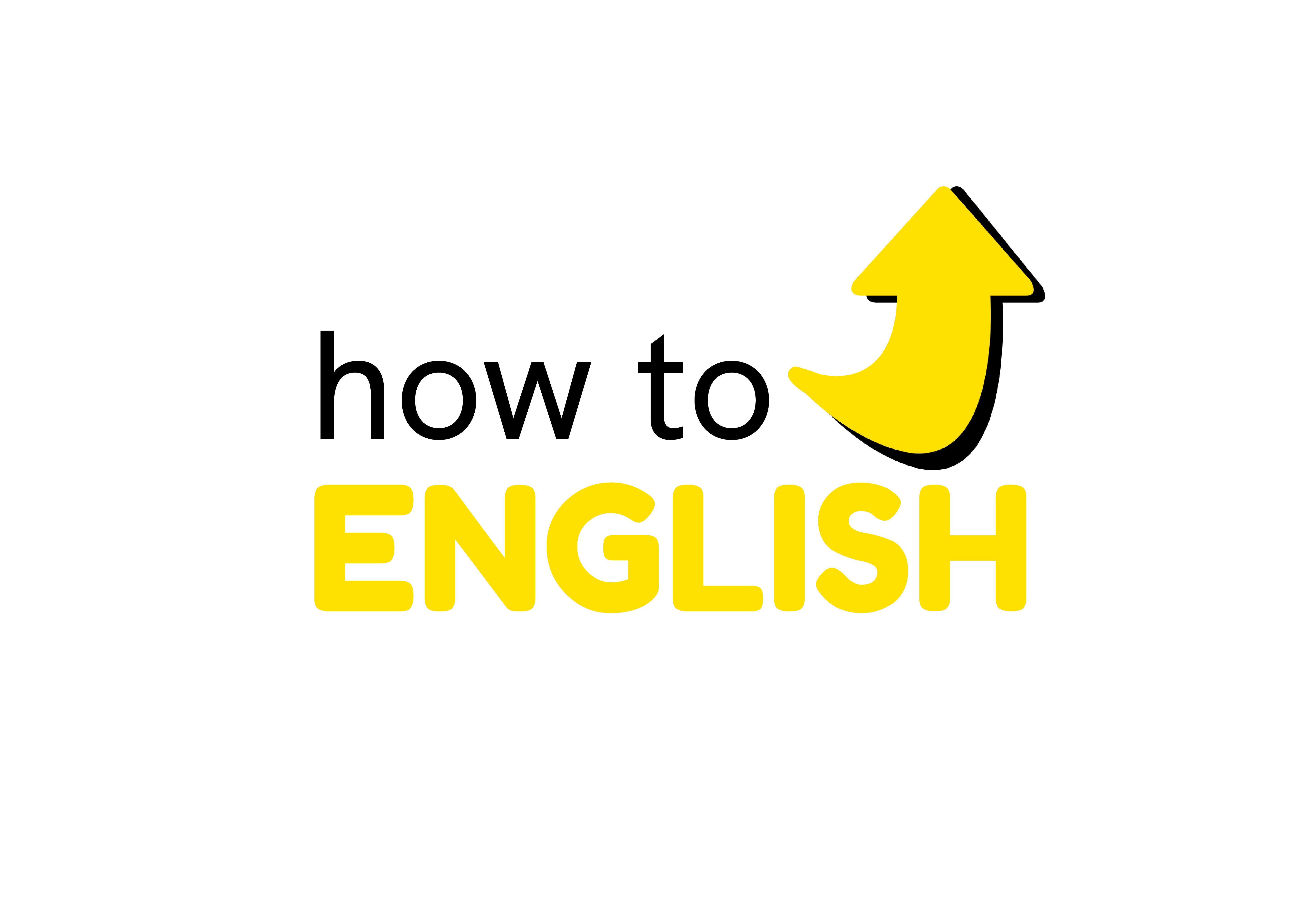In my interview with Zoë Owen, she tells the story of when she was once in a café ordering breakfast when the waiter gave her a strange look and laughed.
She thought she was ordering a standard Madrid breakfast of porra with coffee.
A slip of the tongue meant that she had actually asked the waiter for some drugs.
Now if you aren’t familiar with Spanish, a porra is a fried, dough-based pastry which many people have for breakfast. A porro, however, is a cannabis cigarette.
One vowel changes everything.
You live and learn.
I too have had my fair share of hiccups with Spanish.
I made a cake once for my wife’s uncle and told him that my dulce de leche was better than from the supermarket because the one from the supermarket has lots of preservatives in it.
He nearly died of laughter.
I had mistakenly said the word preservativo instead of conservante. It turns out that preservativo is Spanish for condom.
And nobody wants a condom in their dulce de leche.
Again, you live and learn.
With every mistake you learn something.
Most language learners tend to rely on other people to be corrected in order to learn something.
This is fine for vocabulary mistakes because they are usually corrected instantly by people, but grammar ones are not.
So why will people correct vocabulary mistakes but not grammar ones?
Well, if you make a mistake with vocabulary, people will not understand you. This is because if you say a word incorrectly, what you’re saying will either mean something else or mean nothing.
So people will need to correct you if they want to understand you.
But with grammar it’s different.
If you say, “my friend work in a bank”, people will understand you.
Of course, it’s incorrect. It should be “my friend works in a bank”, but because they understand you, they won’t correct you.
That’s a problem for you, because you need to speak correctly if you want to make good progress in the language, and if you are able to read and understand these posts, you definitely shouldn’t be making these types of mistakes at this level.
So what do you do?
You get a system is what you do.[thrive_leads id=’1049′]
Say a sentence in, for example, the present perfect right now.
Now analyse that sentence and ask yourself if it’s correct. If you know the structure of the present perfect then you should be able to say if it’s correct or not without any help from anybody.
Ask yourself these questions.
What tense is it?
What structure corresponds to that tense?
What person is it? First, second, third?
Is it singular or plural?
What structure corresponds to each of those answers?
Is it affirmative, negative, or interrogative?
What structure corresponds to each of those answers?
This is a quick grammatical analysis which, if you are A2 or above, you know perfectly well.
You will be slow in the beginning, but the more you practise, the quicker you’ll get.
Then you can start to play with the sentence you just created. Change the subject. Change it to plural. Change it to interrogative. Then change the tense.
Each time you make a change, you go through your analytical system.
Eventually, you will be able to analyse and make corrections very very quickly.
When you can do that, you can then use this technique as you speak.
You will be able to analyse everything before you even say it and make corrections before you say it.
That’s when you will be able to eliminate all those silly little mistakes that you make all the time. You know what mistakes I’m talking about…
All it takes is five minutes a day.
Start doing this exercise five minutes every day.
Turn on that analytical switch in your head. It’s the most powerful tool you can have to help you master English.
Learn how to correct yourself.
You can’t rely on other people to correct you.
Not even a teacher.
That teacher is not going to be with you twenty-four hours a day to make sure you aren’t making mistakes.
You can’t rely on somebody else to improve.
But you can rely on yourself.
And when you rely on yourself to improve, you decide how you improve, what you improve, and when you improve.
And that’s when you become incredible.
useful language
- Mistakenly is an adverb used for actions that result in a mistake. It usually goes before the main verb
She mistakenly gave the card to the wrong person.
I mistakenly introduced her as María, when in fact her name is Mariana.
- the + comparative, the + comparative
The more you practise, the better you will speak.
The more you speak, the easier it becomes.
The easier English becomes, the fewer mistakes you will make.
The hotter it is, the more you sweat.
- to rely on something / somebody
You can rely on him to hand in the report on time. He’s never late with his work.
The Spanish economy relies heavily on tourism.
